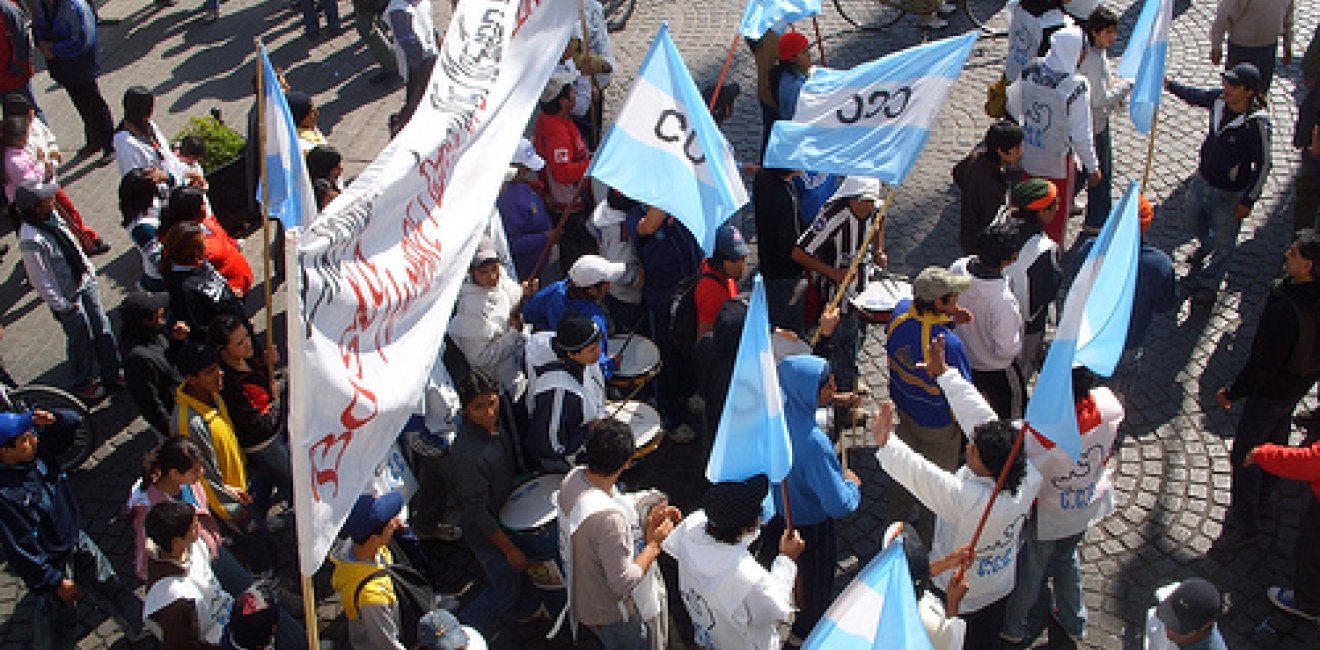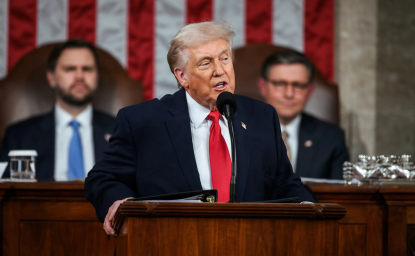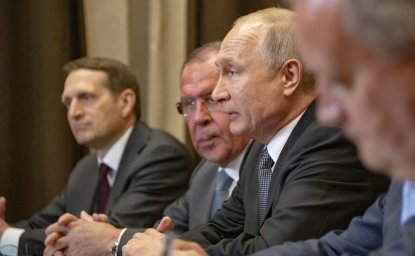
Juan Grabois, the head of the Confederación de Trabajadores de la Economía Popular (CTEP), which says it represents Argentina’s informal workers, is one of Argentina’s most influential social movement leaders. He is a lawyer widely known for his political and social activism, and for his reportedly close relationships to former President Cristina Fernández de Kirchner and Pope Francis. Mr. Grabois supported the candidacy of moderate Peronist Alberto Fernández, but he is considered close to the more radical wing of Mr. Fernández’s coalition.
Q: You have said that in order to discuss poverty in Argentina, the conversation also must include the idea of exclusion. Can you speak a little more about this?
A: If we discuss poverty in terms of income, which is the way states measure poverty, it is unquestionable. What is not measured, for example, is if you own a home or rent. According to the current measure of poverty, we are bordering 40 percent. It is a widespread and normalized phenomenon, with many people not counted as poor. Precariousness was normalized in Argentina beginning after the 1976 military coup, when welfare indexes began to deteriorate. It was part of a global, neoliberal phenomenon, with Argentina suffering from bad political decisions. In addition to the number of poor, we must add a solid core of individuals who are no longer in poverty, but still excluded from the benefits of Western society.
Q: One thing is poverty, another is hunger. When former President Cristina Fernández de Kirchner says that in terms of hunger, Argentina is the same as Venezuela, what do you think?
A: I do not know much about Venezuela, so I could not make a reasoned comparison on the subject. On Venezuela, I know what I see on TV, from one side and the other, from Telesur and CNN. It is very difficult to reach a conclusion. However, I can speak authoritatively about what is going on in Argentina. In a country of cattle like Argentina, the fact that you cannot eat meat or buy milk is an unnecessary cruelty. If we take pride in producing food for 400 million people, the truth is 15 to 20 million people face serious problems accessing food. The truth is that we should be able to resolve problems of malnutrition and obesity.
Q: You speak a lot with Ms. Fernández de Kirchner. Some say she has learned from her time in government, what has she learned?
A: Well, the fact that she speaks with me, someone who has been very irreverent in his criticisms, and I criticize her very hard, says something. I believe strongly that Cristina is innocent, but she should have been firmer on corruption. She should not claim it was a propaganda operation by the opposition. Another issue is that the poverty level was 25 percent in that period, not 40 percent, a scandal in Argentina. Another issue has been the lack of progress towards urban integration of poor neighborhoods.
Q: Have you ever had a long conversation with Buenos Aires Governor María Eugenia Vidal? I assume you have met with President Mauricio Macri. But you and Ms. Vidal share strong Catholic roots.
A: I don’t know Vidal, and I’ve never spoken to her in my life. I have asked for meetings, but I received no response. And with Macri, I would have also met with him. I have no problem speaking with Macri, but I know who he is and who he represents. He does what he does not out of ignorance, but he promotes a transfer of income from the poorest 90 percent to the wealthiest one percent. On Vidal, I know the province well, and nothing has improved.
I do not have such a negative assessment of Rodriguez Larreta’s management in Buenos Aires. That said, I voted for Lammens. But I recognize that Rodriguez Larreta’s approach to poor neighborhoods and the villas was more progressive than the national government or the province. With Villa 31, however, there was a colonialist, paternalistic approach imposed on the neighborhood.
Q: When you talk about “agrarian reform” it can mean many things. Is your agrarian reform the same that was proposed 80 years ago?
A: Obviously not. My agrarian reform consists of three points. First, access to land for 150,000 small producers, half of which are renting; they are the ones who produce fruits, vegetables and legumes for Argentina. I propose that they be allowed to own the land. The majority are Bolivian migrants who already have Argentine children, and I know both generations. Their sons are 16 to 18 years old and they want to continue farming, but they want a house, Internet and a bathroom. They don’t want to continue living in a hovel. Second, the need to create what are called “green belts” in cities with more than 200,000 inhabitants, where local food production occurs. Third, recognition of the property claims of the indigenous people that were displaced by extractive projects.
Q: You are one of the voices of the pope in Argentina.
A: I have been told I am the pope’s voice, Cristina’s voice; I speak with my own voice.
Our democracy is extraordinary: we have 40 percent of our people living in poverty, but zero percent of poor people in congress. That 40 percent is not well represented. Now, there will be a representative who lives in a poor neighborhood, a villa, who is our candidate and will enter congress.
Q: Are you a part of the new government?
A: I was part of Frente de Todos, at least until the elections. Afterwards, I don’t know. And for me, being on the streets is healthy. It’s healthy for a representative to have a little bit of fear of the governed.
By Sebastián Fest
Photo credit: eltpics @pysproblem81, Flickr, 2012
Explore More
Browse Insights & Analysis
Wilson Center Fellows on the 2026 State of the Union Address


